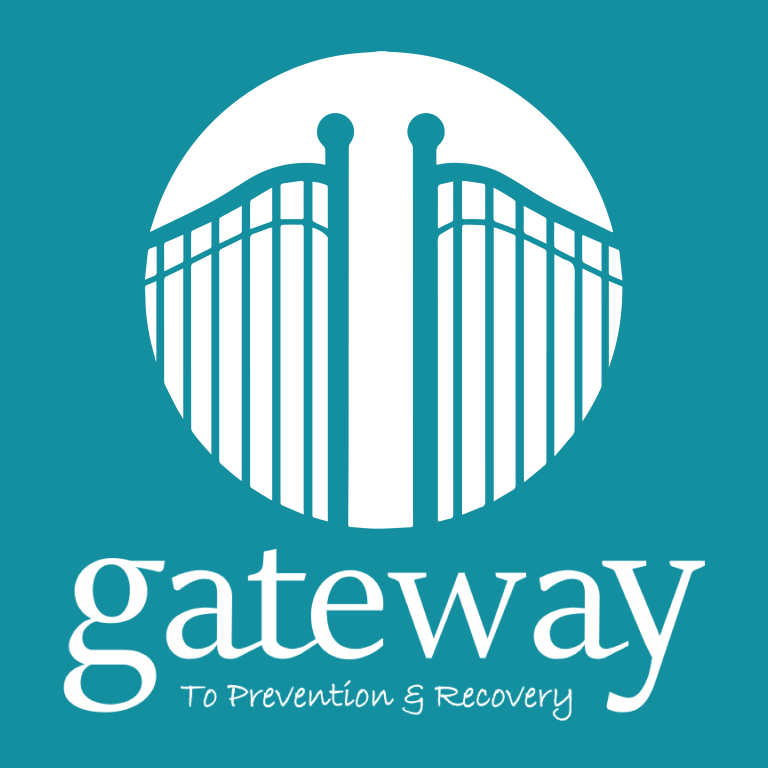
No other illness can conjure up feelings of anger, resentment, frustration, and despair like addiction. For those who suffer, and for those who love them, the journey is agonizing.
Addiction can be defined as a primary, progressive, chronic, and potentially fatal disease with genetic, psychological, and socioenvironmental underpinnings. Since the brain is responsible for our day-to-day experiences of life — such as how we think, feel, behave, and interact with ourselves and others — it is helpful for individuals who struggle to understand addiction to learn about how this change unfolds as addiction progresses.
It is important to recognize that, for the individual you know and love, these changes in thinking, emotional functioning, behavior, and capacity for relationships are subtle. In the field of addiction, we often talk about the “cunning nature” of addiction to remind ourselves that it can be difficult for the person who is afflicted to see something that may be evident to their 10-year-old child.
Recognizing the cognitive, emotional, behavioral, and relational symptoms of addiction is important since these are the outward symptoms that correlate with changes to the brain’s structure and function.
Cognitive changes
In the early stages of drug use, a great deal of learning occurs. An individual may learn about the mood-altering properties of a chemical and its capacity to increase alertness, bring on a positive mood, or relieve stress and pain. Memory plays an important role as the experience of the first high and subsequent euphoria can become a permanent marker in the brain of a powerful chemically-induced sensation.
The individual gradually attributes powers to the substance (for example, “It helps me feel less depressed”), and what the drug is doing for them becomes more important than what the drug may be doing to them.
These changes are subtle, and this is often a honeymoon period. Over repeated use, the mind-altered state becomes the norm, and the person becomes mentally preoccupied with obtaining their drug of choice. This mental obsession grows over time, and the individual will begin to develop rationalizations for their use and justifications for areas of their life that are becoming problematic.
Emotional changes
An enticing aspect of drugs of abuse is their ability to alter mood. Substances do what they promise in terms of alleviating pain, calming anxiety, and altering negative mood states.
Euphoric recall is one of the emotional responses that triggers urges to use, and part of treatment is helping the patient learn to play the tape forward past the immediate relief to the consequences that will usually follow.
In the end stages of the addictive progress, the patient may be irritable, angry, resentful, and hostile toward others. The individual who suffers from addiction may be disgusted with themself; they may be shame-ridden, guilt-ridden and at a loss to explain how this journey came to this point. The person may experience tremendous demoralization (such as loss of parental custody), and this may open a window of opportunity for help.
Behavioral changes
You may be confused that the person you know and love seems stuck in a vicious cycle of destructive behavior. “Why don’t they just stop or realize what they are doing?” you may ask. This behavior is the result of the limbic system (the emotional part of the brain) over-riding the prefrontal cortex. The individual is driven to seek out and use substances despite the consequences. Fortunately, treatment and recovery can restore a balance between these parts of the brain.
Relationships
Over the course of the addictive process, individuals will become disconnected from their creator, higher power, or God of their understanding. The shame and guilt they experience will drive them to disconnect from their own minds and hearts. Then comes the rejection from family who can no longer endure the lies, broken promises, traumatic events, and loss of hope.
What can be done when such a cunning illness has a hold of your loved one? Have you ever spoken to someone in recovery? Have you ever listened to someone in recovery talk about their journey? It can be helpful to hear stories of how others escaped the grip of addiction. If we hear more of these success stories, we may begin to feel more hopeful that recovery works and is possible.
In summary, addiction results in characteristic and predictable changes to an individual’s cognitive, emotional, behavioral, and interpersonal functions. However, the good news is that recovery improves an individual’s capacity for those same skills, perhaps better than before they developed addiction.
Gateway is thankful to Dr. Julio Rojas for his partnership in writing this article to provide additional insight and education around addiction and recovery for the benefit of our community. Find out more about the Citizen Potawatomi Nation Behavioral Health Department at cpn.news/BH.
Dr. Julio Rojas is a licensed Health Service Psychologist and a Licensed Alcohol and Drug Counselor who has spent 16 years at OU College of Medicine providing clinical care and teaching future psychiatrists, psychologists, and other mental health professionals. Currently, he has joined Citizen Potawatomi Nation's Behavioral Health Department and is honored to provide direct clinical care as well as help develop their behavioral health programming.
